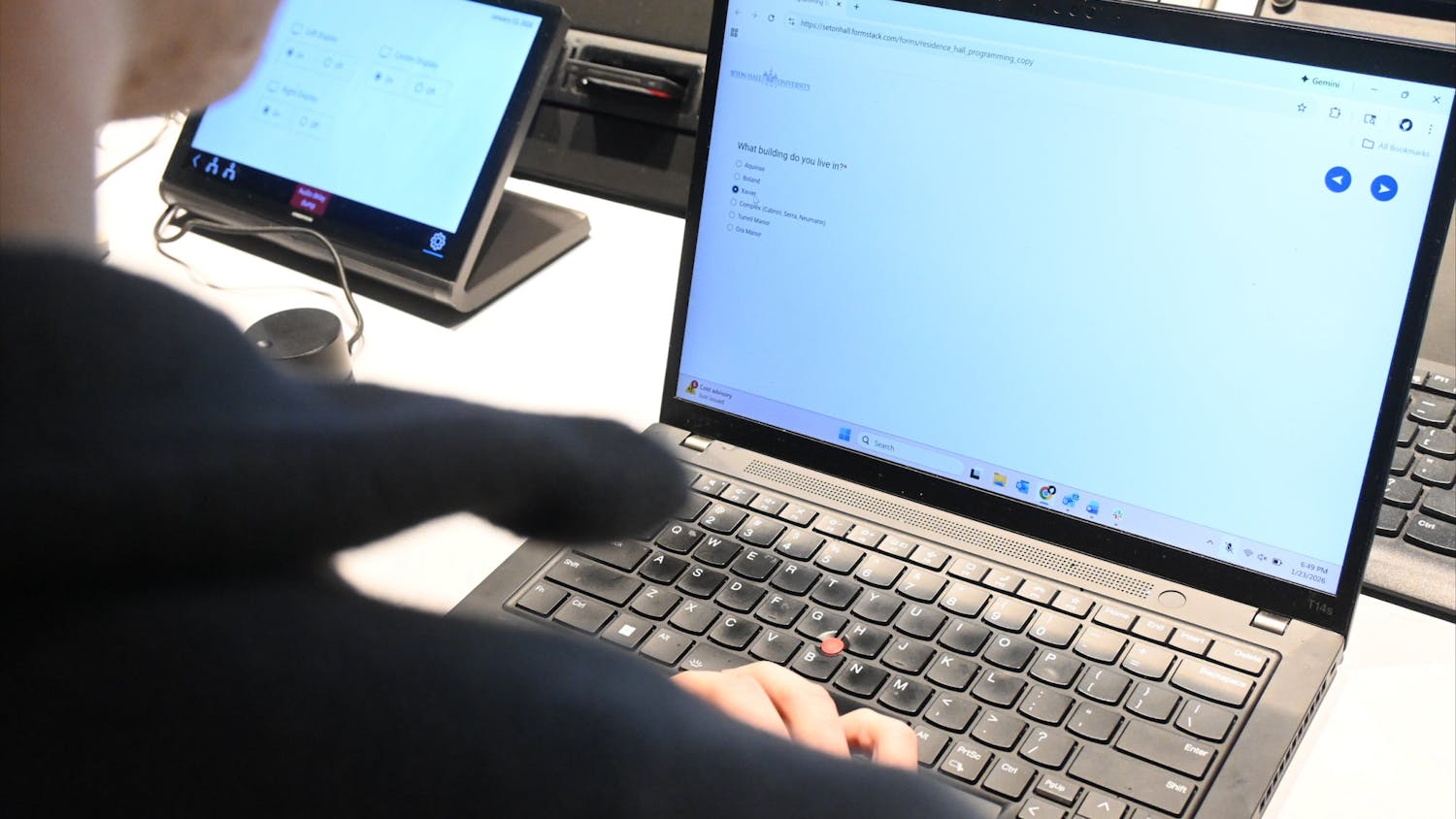
The subject of Josoph Henry was introduced to me in October 2016 when I started working on an article for The Setonian on the history of the Clery Act, with a focus on the people behind the crime. At that time, The Setonian published an article about the six reported rapes that occurred on Seton Hall’s campus in 2015, according to Seton Hall’s Annual Security Report. This Annual Security Report is in compliance with the Campus Security Act, also known as the Clery Act.
The six reported rapes on Seton Hall’s own campus reveal that sexual assault is still a problem on college campuses today, as it was in 1986 when Josoph Henry raped and murdered fellow Lehigh University student Jeanne Clery in her dorm room.
My correspondence with Henry began through an exchange of letters in October 2016. I found his address through the Prison Mentoring website he has written for during his life sentence at the State Correctional Institution at Dallas, in Dallas, Pa. He first replied to my initial typed correspondence with two letters, dated Oct. 25, 2016 and Oct. 26, 2016. The first handwritten letter from Henry was five pages long, front and back; the second was four pages long, front and back—setting the tone for how open he would be throughout all of the interviews.

In October 2016 I also contacted the Clery Center, where I spoke with the Center’s director of Communications and Public Affairs. This is when I was told that I would not get Jeanne’s mother Connie Clery’s direct contact information. Upon getting that information, I found an article where Connie was interviewed in April 2016. I contacted the reporter who wrote the article, yet I still did not retrieve contact information.
After exchanging letters with Henry, my cell phone number was added to his call list. Henry and I had our first call on Jan. 11, 2017. My first phone call with Henry’s mother Marie was also that day. I interviewed members of the Seton Hall community in February 2017. The interview process was pushed forward as the anniversary of Henry’s crime was just four months away at the time, and is now here.
The truth is that Henry’s crime, and the Clery Act and Clery Center that resulted from the crime, continues to have an impact on college campuses, and students like myself, more than 30 years later.
Leah Carton can be reached at leah.carton@student.shu.edu.





